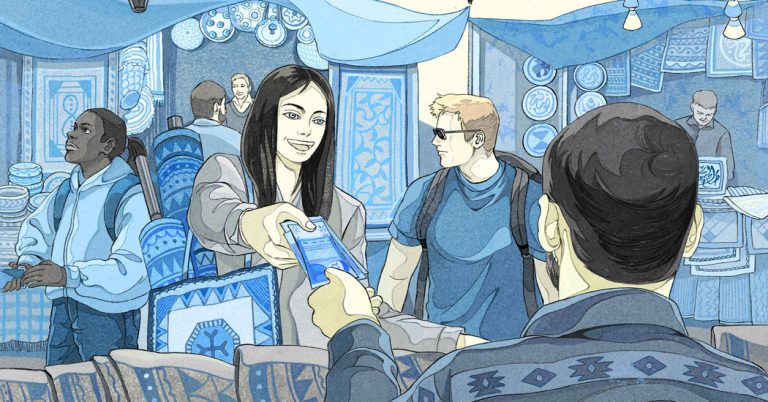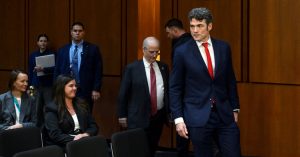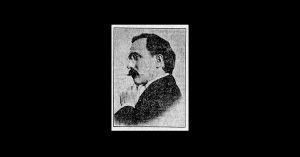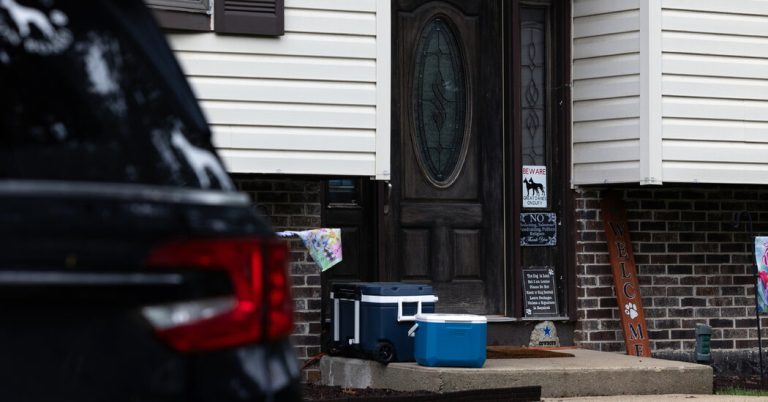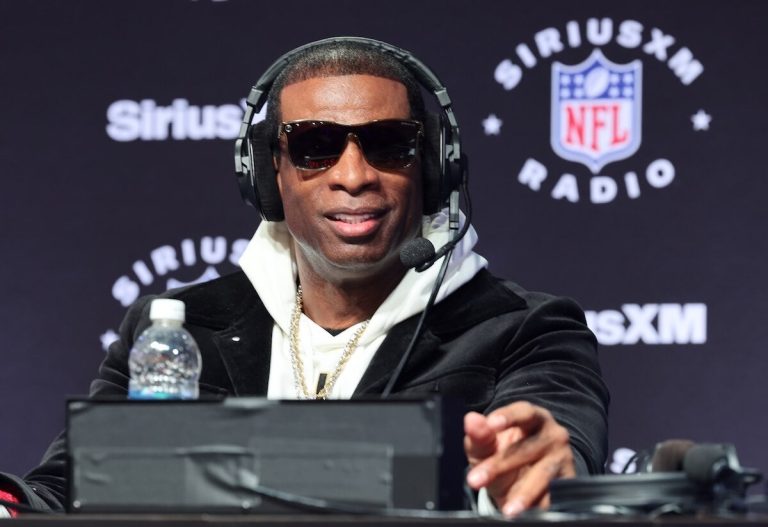Last week Robert F. Kennedy Jr. held his first news briefing as secretary of the Department of Health and Human Services, to address a new report from the Centers for Disease Control and Prevention about rates of autism among children in the United States.
He used the opportunity to spread falsehoods. Kennedy claimed that “studying genetic causes” of autism is a “dead end.” That’s because “we know it’s environmental exposure. Genes do not cause epidemics,” he continued. While there may be environmental factors that contribute to autism, my newsroom colleagues point out, “Scientists have known since the 1970s that genetics contribute to the development of the neurodevelopmental disorder.”
But that’s not all Kennedy said about people with autism. Shortly after mentioning that a study calculated the “cost of treating autism in this country by 2035 will be a trillion dollars a year,” Kennedy said, “Autism destroys families, but more importantly, it destroys our greatest resource, which is our children.” Later he added:
These comments are plainly untrue. Many people with autism have pushed back, saying they can write poems and play baseball. The popular reality TV show “Love on the Spectrum” proves that Kennedy was wrong about dating. After the backlash, Kennedy went on the Fox News program “Hannity” to clarify that his original remarks were meant to refer to children with “low-functioning autism,” who are about a quarter of those diagnosed with the disorder.
I don’t think that clarification makes Kennedy’s initial remarks generous or correct. To my ears, the grimmest part of what he said is not about the ability to play baseball; it’s that he started this litany with paying taxes and having jobs. That implies that those who are not able to be gainfully employed are somehow lesser citizens — that they’re destroyed. This way of speaking is further evidence that Kennedy is not fit to be in charge of the health of the country.
Advertisement
SKIP ADVERTISEMENT
To the medical historian Jacqueline Antonovich, Kennedy’s comments reminded her of eugenic arguments from the early 20th century — the idea that people with disabilities are “tax burdens therefore they shouldn’t exist.”
This was not a fringe argument a century ago, Antonovich, who is an associate professor at Muhlenberg College, told me. Almost everyone accepted “the basic premise” of eugenics, she said — which is that “we need to improve our genetic pool” through proper breeding, behavior and environment.
Subscribe to The Times to read as many articles as you like.




